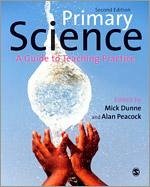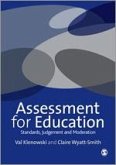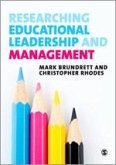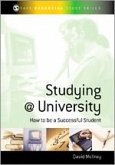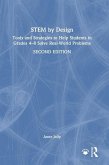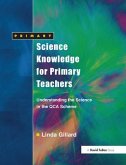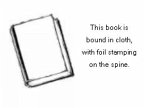Why is science hard to teach? What types of scientific investigation can you use in the primary classroom? Touching on current curriculum concerns and the wider challenges of developing high-quality science education, this book is an indispensable overview of important areas of teaching every aspiring primary school teacher needs to understand including: the role of science in the curriculum, communication and literacy in science teaching, science outside the classroom, transitional issues and assessment. Key features of this second edition include: • A new chapter on science in the Early Years • A new practical chapter on how to work scientifically • Master's-level 'critical reading' boxes in every chapter linking topics to relevant specialist literature • Expanded coverage of creativity, and link science to numeracy and computing This is essential reading for all students studying primary science on initial teacher education courses, including undergraduate (BEd, BA with QTS), postgraduate (PGCE, School Direct, SCITT), and also NQTs. Mick Dunne is Senior Lecturer in Science Education at Manchester Metropolitan University Alan Peacock is Honorary Research Fellow at the University of Exeter
Hinweis: Dieser Artikel kann nur an eine deutsche Lieferadresse ausgeliefert werden.
Hinweis: Dieser Artikel kann nur an eine deutsche Lieferadresse ausgeliefert werden.

